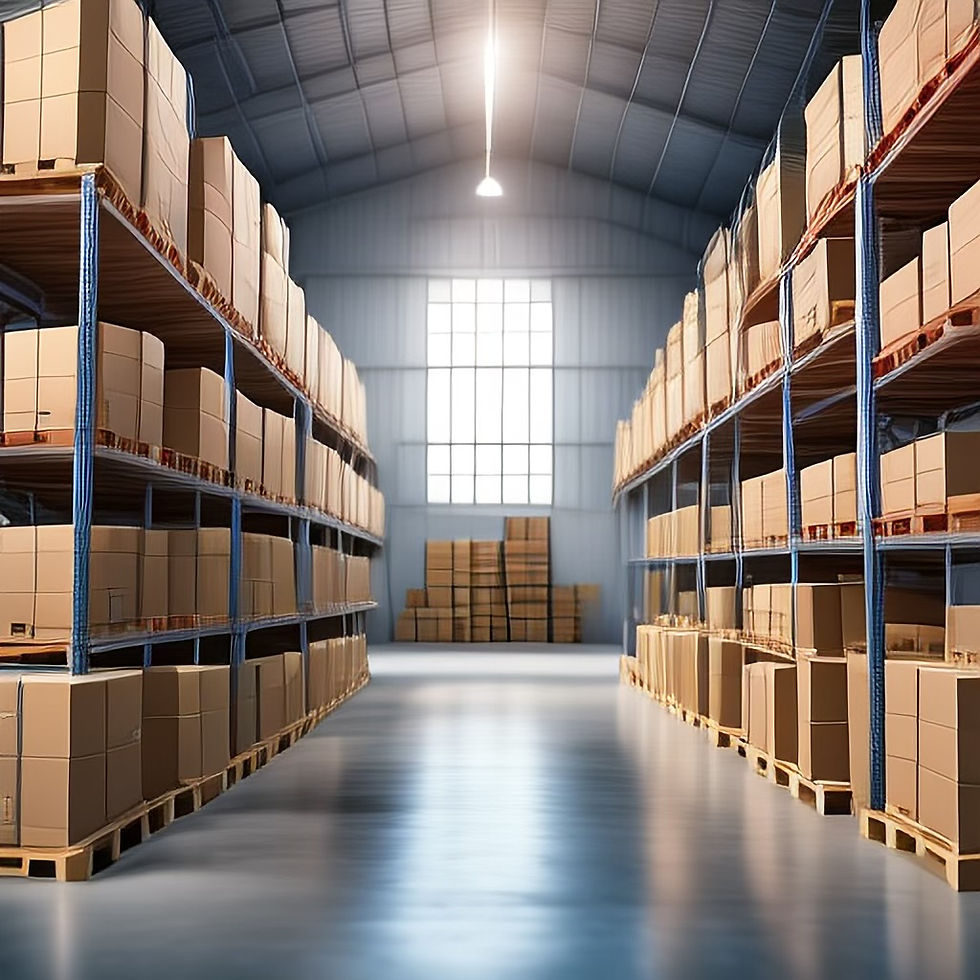Why Local Sourcing Might Be the Solution You Didn’t Know You Needed
- madit.uk
- Mar 14
- 3 min read
Updated: Mar 17
When we think about making more sustainable choices, we often hear advice about recycling, using less plastic, or switching to renewable energy. But one of the most impactful yet overlooked changes we can make is choosing locally sourced products—whether it’s furniture, food, or even packaging.
But why does it matter? And how does it actually benefit you as a consumer? Let’s break it down.

1. Want to Make More Sustainable Choices? Local Sourcing Helps the Planet
Did you know that a single cargo ship transporting goods from China to the UK emits as much pollution as 50 million cars?
By choosing locally made and sourced products, you’re helping to:
✔ Reduce CO₂ emissions – Less transportation means a smaller carbon footprint.
✔ Minimise waste – Local suppliers often use better packaging and more sustainable materials.
✔ Support a circular economy – Keeping production within the UK encourages businesses to be more resource-efficient.
💡 Quick tip: Even switching one or two of your regular purchases to locally sourced alternatives can significantly reduce your environmental impact.
2. Tired of Cheap, Mass-Produced Goods That Don’t Last? Local Sourcing Means Better Quality
How many times have you bought something that looked great in pictures but fell apart within months?
A big reason for this is that mass-produced, imported goods are often designed for cost-cutting, using lower-quality materials to keep prices down. When you buy from local suppliers, you’re more likely to get:
✔ Better craftsmanship – UK-based manufacturers are held to stricter quality standards.
✔ Materials suited for UK conditions – Wood that won’t warp in damp weather, finishes that last longer.
✔ Ethical sourcing – Fewer concerns about exploitative labour practices.
💡 Quick tip: Look for UK-based suppliers known for their expertise rather than just the cheapest option online.

3. Struggling with Delayed Deliveries? Local Sourcing is the Answer
Ever ordered something online, only to find out it’s stuck in customs, delayed for weeks, or “out of stock” due to global supply chain issues?
That’s because many businesses rely on imports from overseas, where goods travel thousands of miles before reaching your doorstep. A simple shift to local sourcing means:
✔ Faster delivery times – No waiting for international shipments.
✔ Better stock availability – Local businesses are less likely to be impacted by global shortages.
✔ More reliable customer service – Need a replacement or refund? It’s easier when the supplier is within the UK.
💡 Quick tip: Next time you need an item, check if a local supplier offers it first—you might be surprised at the convenience.
4. Supporting Local Businesses Helps YOU in the Long Run
It’s easy to think that buying from big global retailers saves money, but in reality, local businesses are the backbone of the economy. When you support them:
✔ You help create more local jobs.
✔ You keep money circulating within the UK instead of sending it abroad.
✔ You encourage businesses to innovate and improve—because they compete on quality, not just price.
💡 Quick tip: Check out local makers, suppliers, and even second-hand marketplaces before defaulting to big-name online stores.

Final Thoughts: A Small Change with a Big Impact
Switching to locally sourced products might not seem like a big deal, but it’s one of the simplest, most effective waysto solve common problems like delayed shipping, poor product quality, and environmental damage.
Next time you need to buy something, ask yourself: Can I source this closer to home? Because small changes in buying habits can create a big difference for you and the world around you.
📌 What are your thoughts on local sourcing? Have you made any switches lately? Let’s discuss in the comments!
🔎 Looking for sustainable, locally sourced options? Start by exploring UK-based brands known for quality and ethical sourcing.

Comments